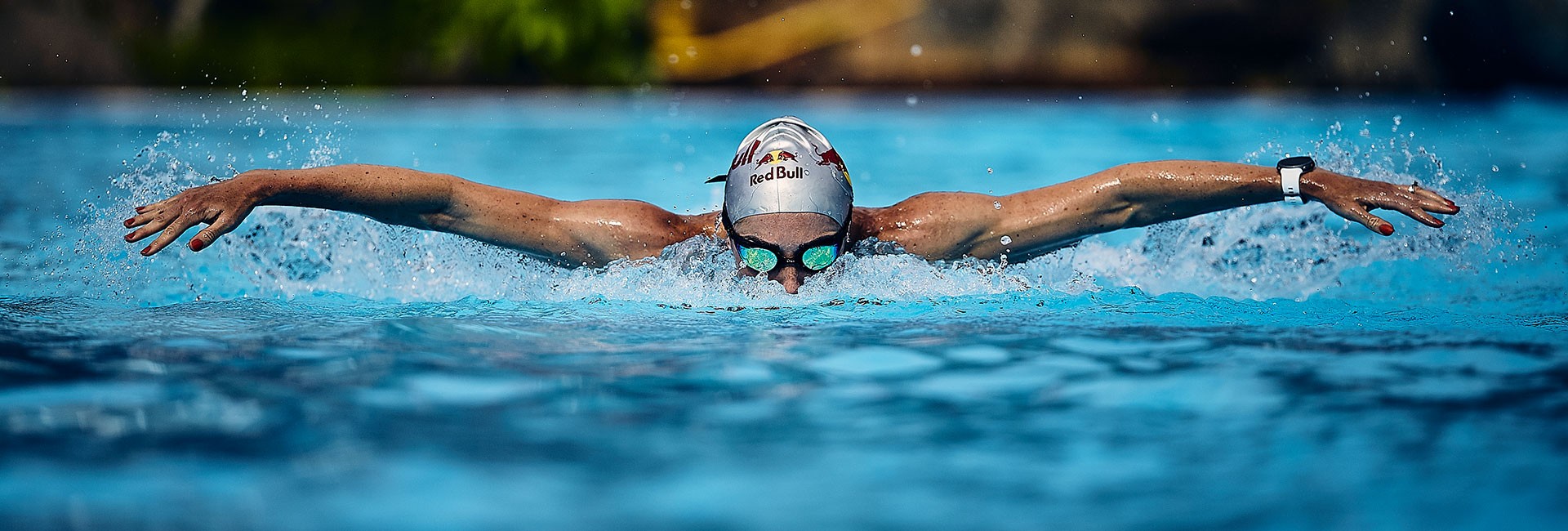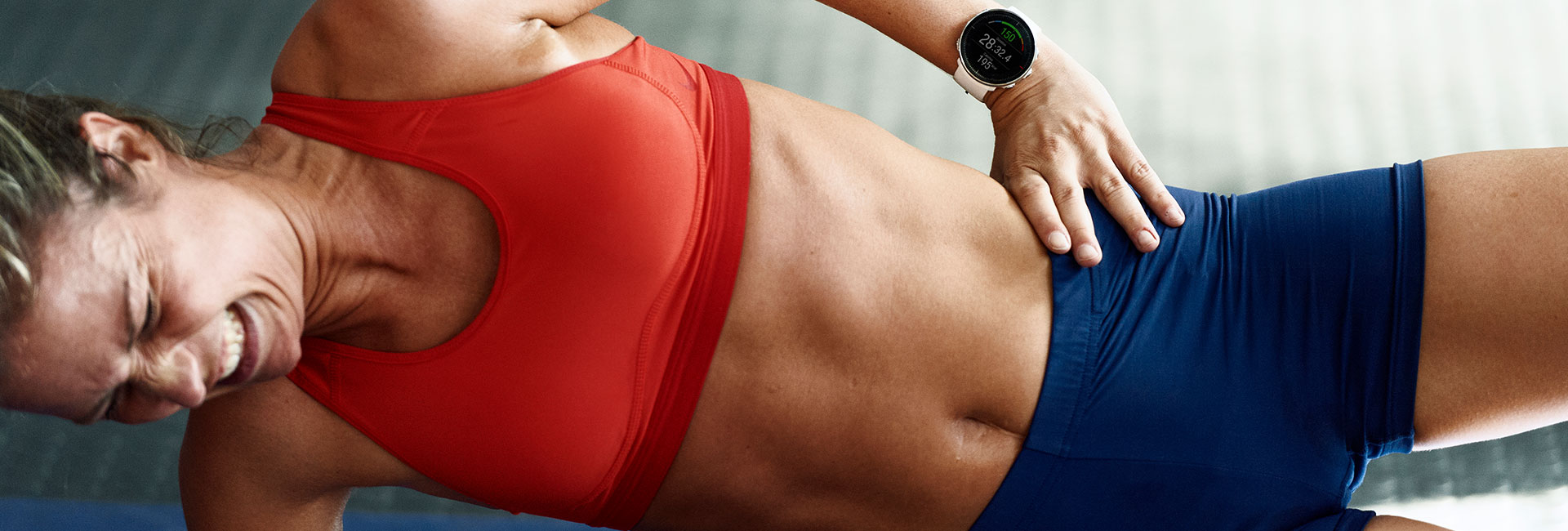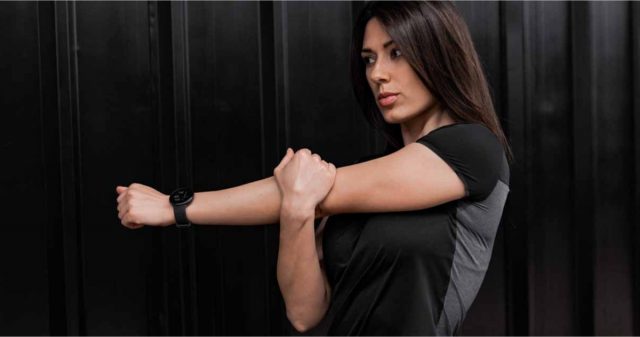Ask any experienced athlete and they’ll tell you that nutrition and recovery after workout build the foundation for success – only then the hours of training count.
Triathlon is often referred to as the ultimate challenge, which is why recovery is – or should be – considered the “fourth” sport of triathlon and a large part of every successful athlete’s training regimen.
Unfortunately, though, recovery is all-too-often sacrificed when schedules get rushed in favor for more time in the pool, on the bike, or at the track. Many triathletes have the “more is more” mentality when it comes to workouts, which directly goes against the principles of recovery.
It may seem counterproductive, but giving your body time to rest and recover allows your body to manifest the fitness gains derived from your previous workouts.
We may be preaching to the choir here, but recovery has become more than just touching your toes a few times and having a sports drink. We’ve gone beyond R.I.C.E. recovery tactics (rest, ice, compression, elevation) — sports massage, quality sleep, active recovery, etc. have all been deemed valuable to keep your body fresh and healthy over the long haul.
You don’t get to the top of your respected sport without incorporating a methodical recovery protocol into your training routine.
Lucy Charles-Barclay knows this better than anyone. She’s a professional triathlete with two second-place finishes at the IRONMAN World Championship, and she currently holds the swim course record at Kona, too.
Lucy graciously took us behind the curtain and described some of her go-to recovery methods, as well as tips on how to ensure recovery after workout. (Don’t worry – these recovery tips are applicable to us mere mortals, too!)
What Are your recovery methods after Different Training Sessions?
My recovery methods differ after a swim, bike and run. Having been a swimmer since the age of eight, my recovery time after a hard swim session is much less than after a hard bike or run.
After a hard run session I require the biggest recovery time and call upon more recovery tools such as massage, foam rolling or cryo-compression (Aquilo).
One thing that remains consistent after swim, bike or run sessions is refueling as quickly as possible with a protein shake followed by a light meal.
How do you Ensure recovery When you’re training for a race?
This isn’t quite as simple as reducing my volume and resting, as that can lead to arriving on the start line feeling sluggish.
Leading into key races my coach (and husband) Reece uses my data from Polar Vantage V to make sure we ease back enough on training.
We often reduce the volume but increase the intensity of my sessions, this way I feel fresh and fast.
Ultimately, we use a mix of data and feel to get the taper correct.
Which Recovery metrics do you track?
When it comes to recovery, the data doesn’t lie and when I feel tired, the data will often say the same thing.
I track my resting heart rate, recovery time and hours of restful sleep. If I’m feeling tired, my resting heart rate becomes elevated and that’s when I increase my recovery time.
how important is sleep For recovery?
Sleep is crucial for my recovery. I aim to sleep for eight to 10 hours per night, but will often be able to sleep for up to 12 hours during heavy training blocks.
I believe sleep is one of my biggest weapons when it comes to recovery. I am able to track the quality and hours of my sleep using the Polar Vantage V, and have found this to be really useful in reflecting my rate of recovery.
what are your go-to recovery tactics?
To maximize my recovery, I get a sports massage once a week. In between training, I use my own recovery tools, such as a Theragun for self-massage before and after workouts and Aquilo cryo-compression boots to speed up recovery time.
How do you recover after a race?
After a race, I aim to start the recovery process as soon as possible, usually a member of my team will have a protein shake ready for me to drink within 30 minutes of finishing the race.
I will spend at least one to two hours doing post-race media formalities as well as anti-doping testing, so I use this time to refuel and rehydrate.
Do You Have any specific diet tips that help speed up recovery?
In general, I eat a healthy balanced diet around my training.
I refuel within 30 minutes after most sessions with protein and carbohydrates, and I try to keep my sugar intake low and only from natural sources, but I will allow myself a treat every now and then.
Occasionally I eat a higher-fat diet to boost my fat metabolism, but having been a distance athlete for over 10 years, my body’s ability to burn fat is already very efficient.
What recovery Advice Would you Give To Non-Professional Athletes And Exercisers?
If you can, I highly recommend getting a sports massage once per week. If you can’t do this, then using tools, such as foam rollers and self-massage, will help speed up your recovery.
Try to eat a healthy balanced diet, have healthy snacks on hand to keep your energy levels topped up throughout the day and refuel promptly after training sessions.
Limit your intake of alcohol and sugary treats.
What Are the most common mistakes when it comes to recovery?
Common mistakes I have witnessed in the triathlon scene are age-groupers rushing back to full training after a race, or the opposite and not doing anything at all.
To speed up recovery the day after a race, you want to keep the body moving. I often find a light gentle swim or spin on the bike really helps.
Try to eat clean and replace the nutrients your body will have lost.
It’s normal to want to treat yourself after a race, but things like alcohol and sugary treats won’t help you recover.
If you liked this post, don’t forget to share so that others can find it, too.
Or give it a thumbs up!
I like this article
Please note that the information provided in the Polar Blog articles cannot replace individual advice from health professionals. Please consult your physician before starting a new fitness program.





